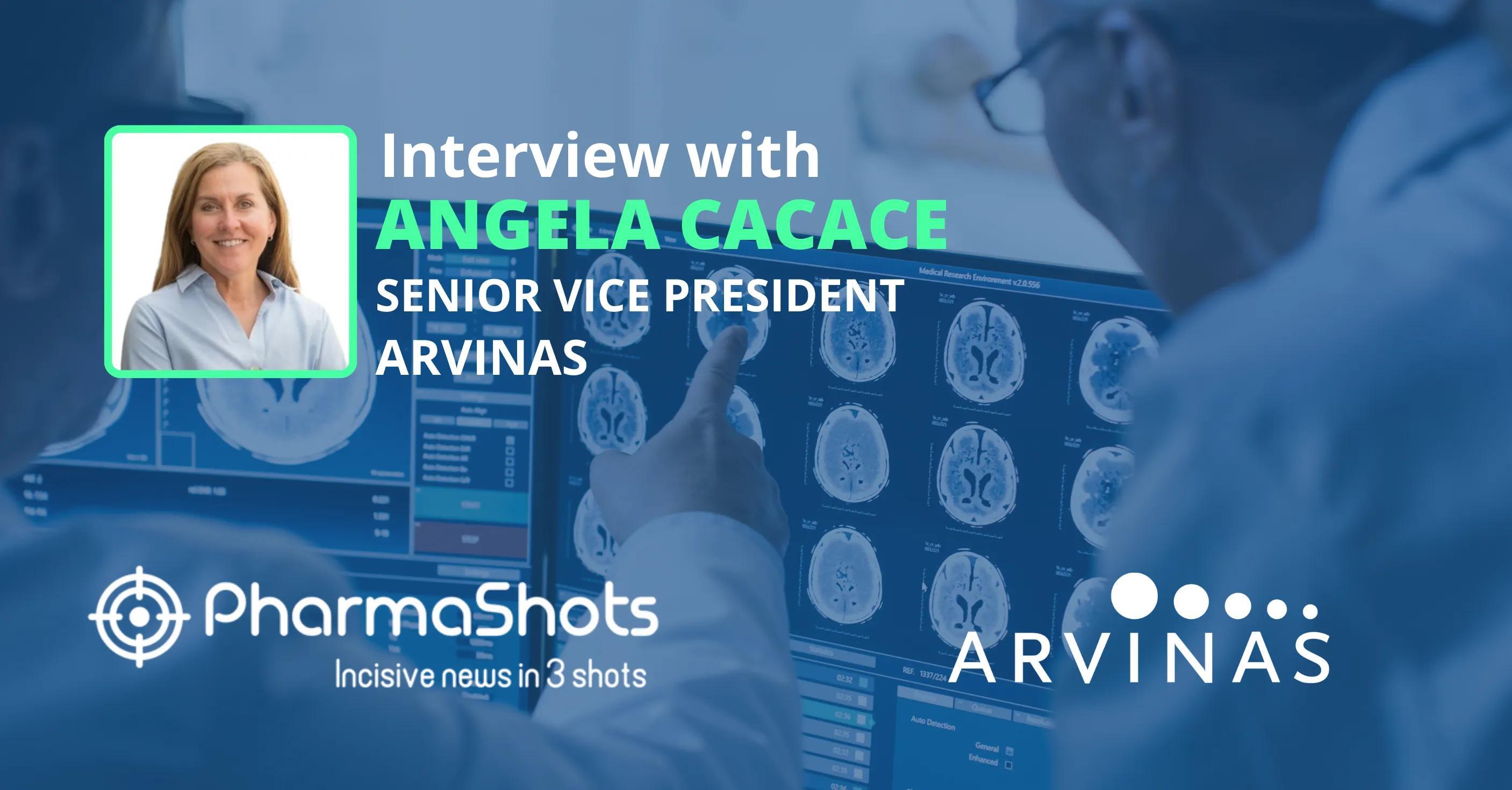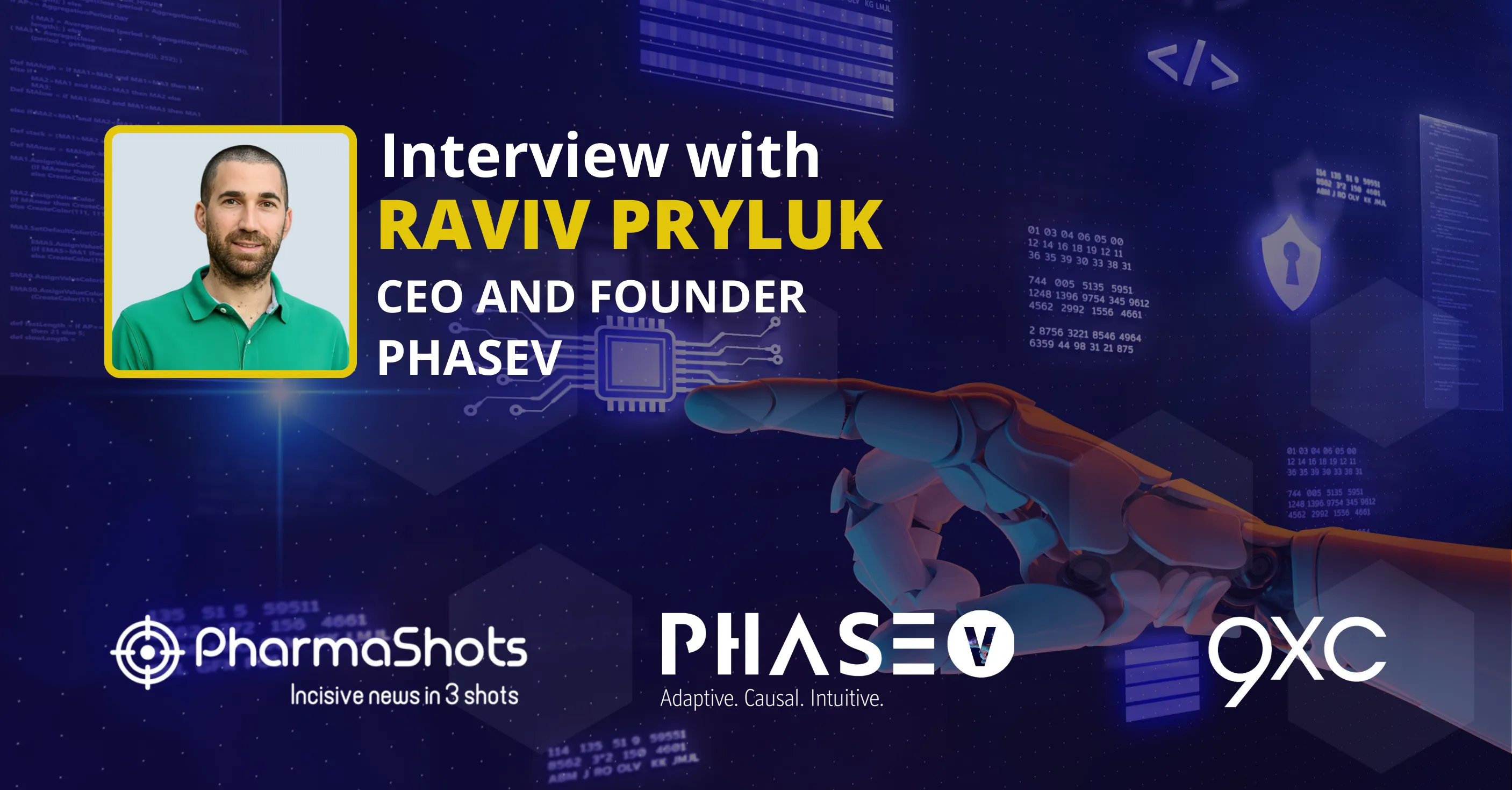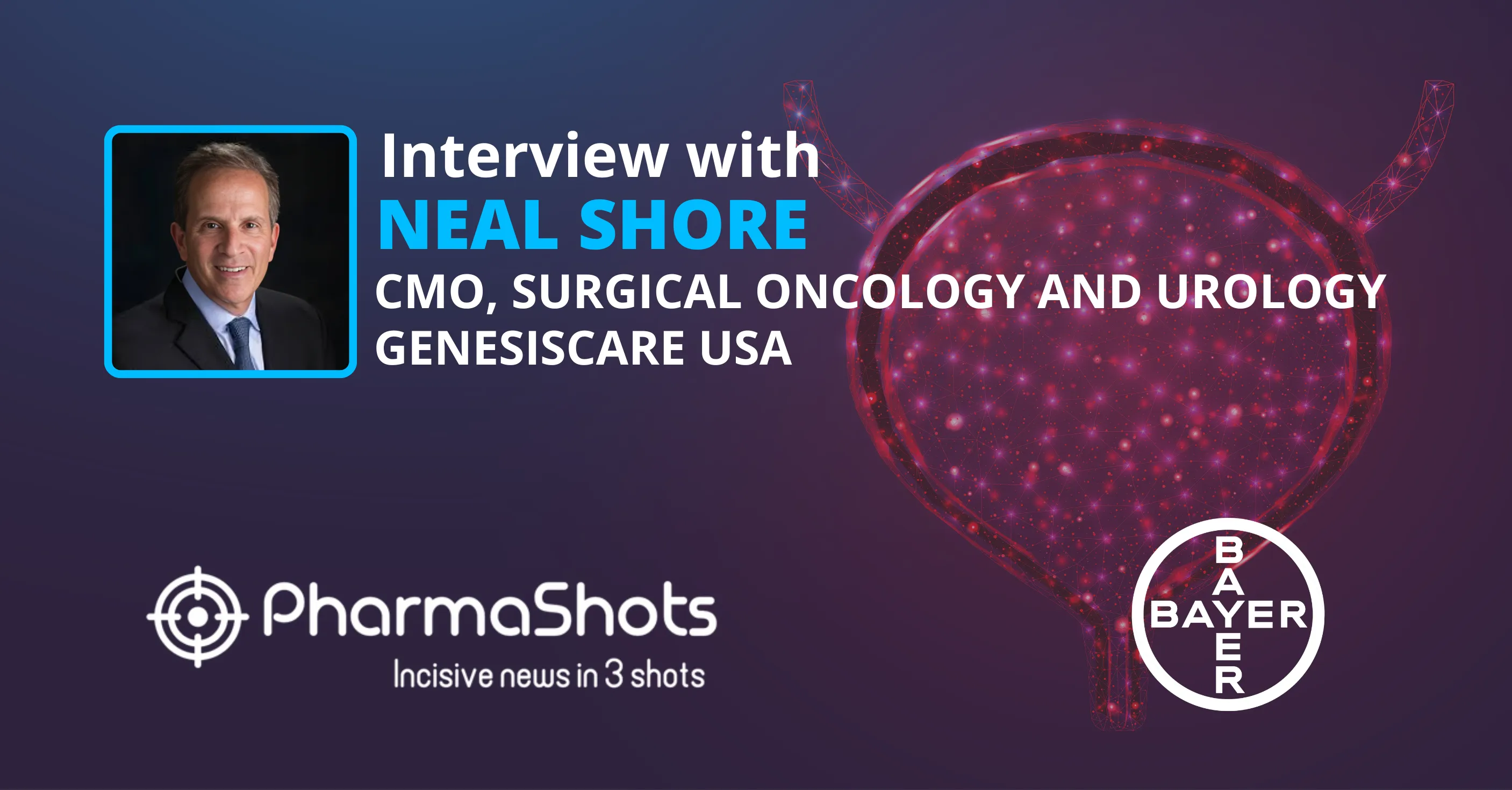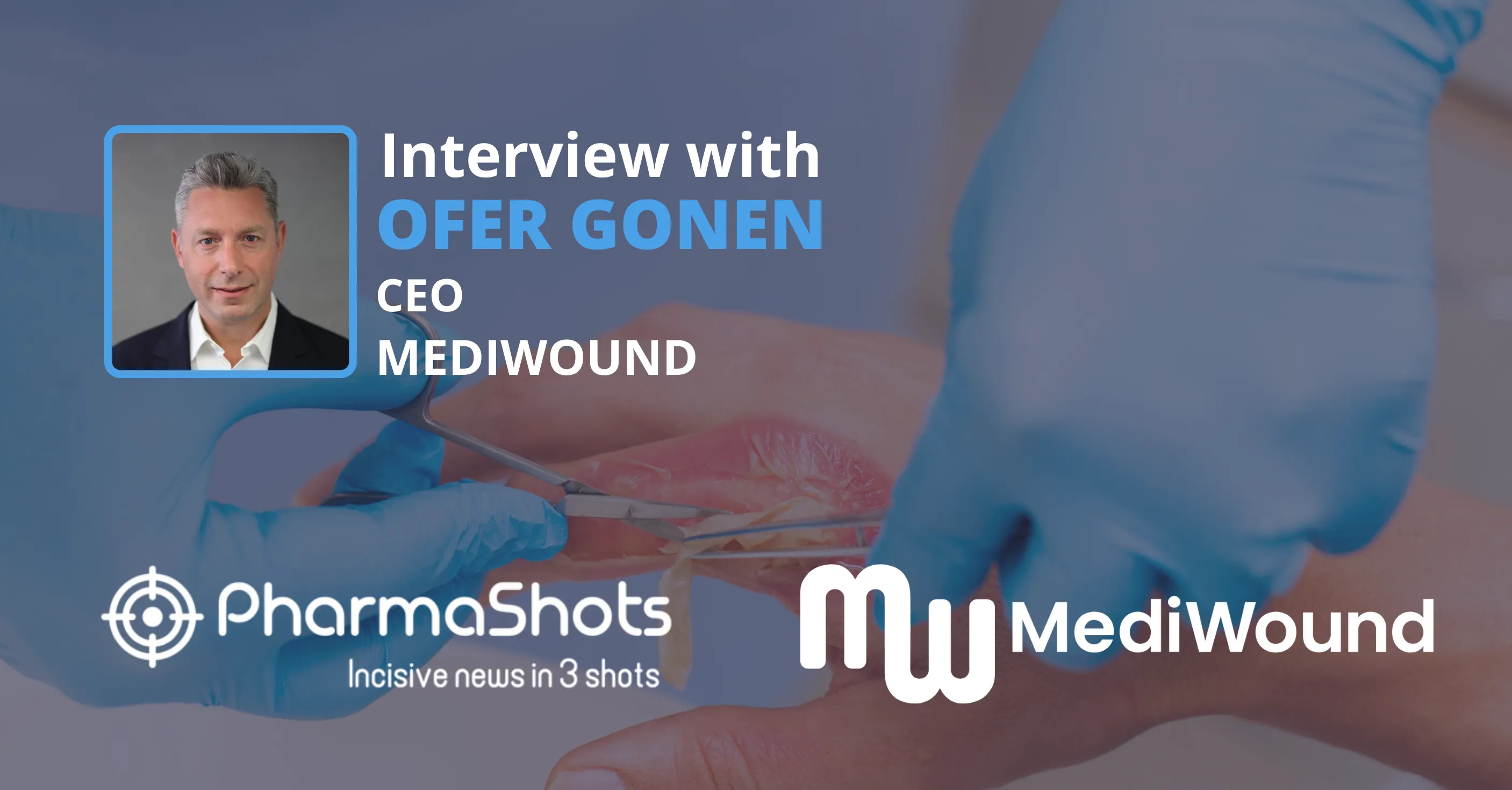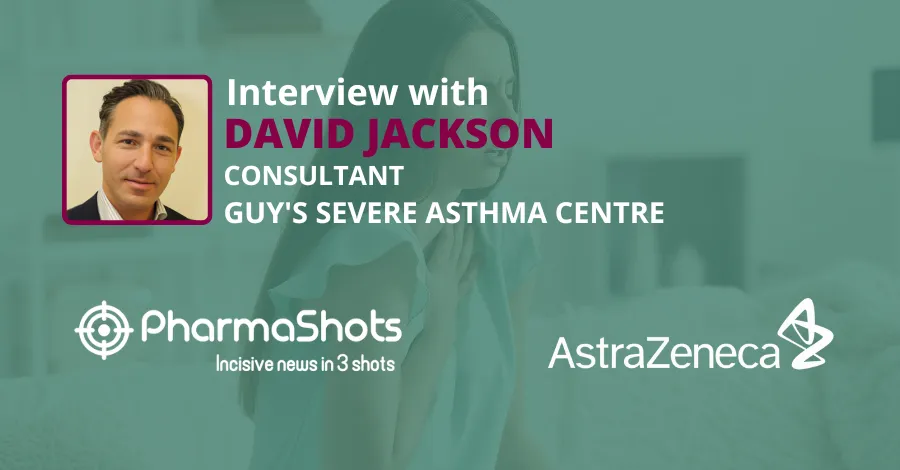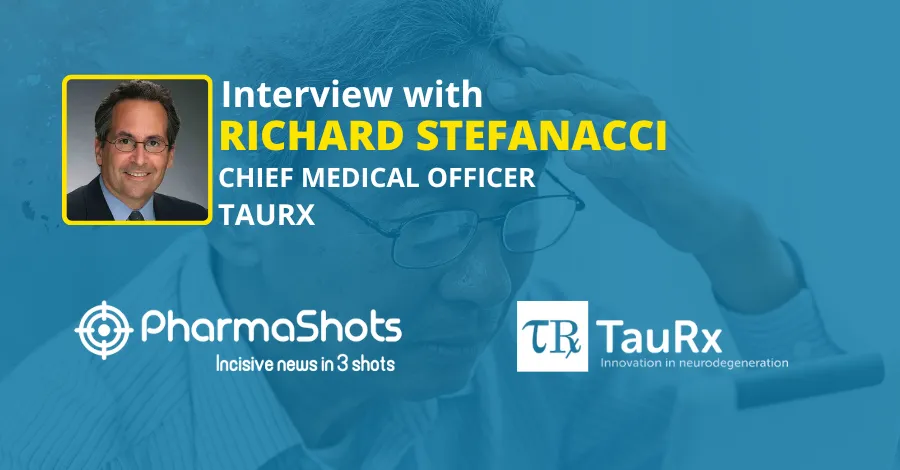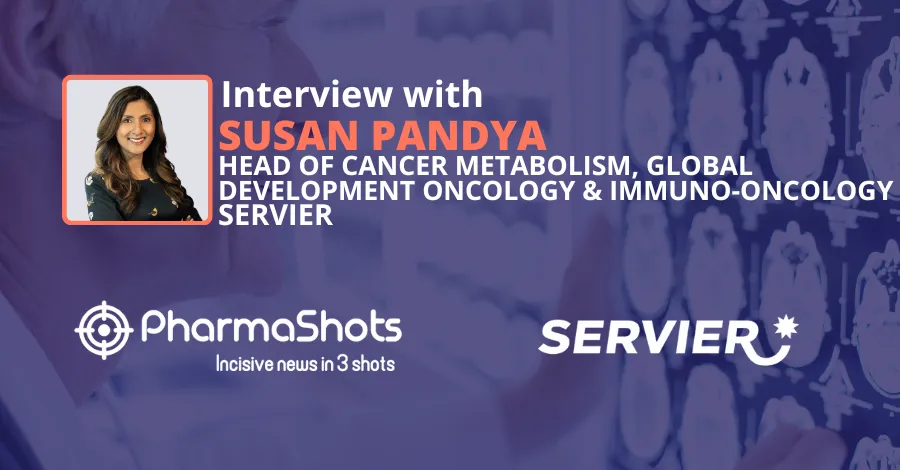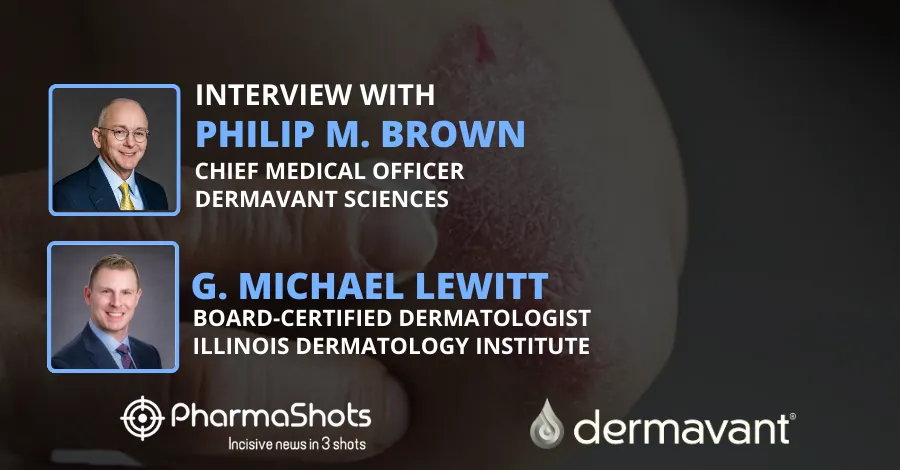
A New Hope in Bladder Cancer Combination Therapy: PharmaShots in Conversation with Ahsan Arozullah
Shots:
-
Transformative combination therapies add wonder to oncology therapeutics now and then. Dr. Ahsan Arozullah, in another engaging conversation with PharmaShots, talks about Padcev + Keytruda therapy for adult patients suffering from locally advanced or metastatic urothelial cancer (la/mUC)
-
Ahsan shares insights from the P-III (EV-302) trial based on which the FDA accepted Padcev + Keytruda combination therapy. Ahsan sheds light on Astellas and Pfizer’s initiative, Let’s Talk Bladder Cancer
-
While conversing about the ongoing investigational trials evaluating Padcev + Keytruda, Ahsan briefly highlights the company’s portfolio of solid cancer
Saurabh: Welcome back, Dr. Arozullah. Please elaborate on how this FDA approval of Padcev + Keytruda is going to change the treatment paradigm for adult patients suffering from locally advanced or metastatic urothelial cancer (la/mUC).
Ahsan: While platinum-containing chemotherapy has been the mainstay of first-line treatment for decades, patients with advanced bladder cancer have a poor prognosis and unmet needs remain. The combination of Padcev and Keytruda demonstrated survival benefits for patients with advanced bladder cancer and helped slow the growth/spread of disease compared with chemotherapy. The EV-302 data represent the first time a treatment regimen in advanced urothelial cancer has demonstrated superiority to platinum chemotherapy in previously untreated la/mUC patients. The combination of Padcev + Keytruda provides hope for these patients with an urgent need for treatment options.
Saurabh: Could you please provide the study design and key findings of the P-III (EV-302) trial which evaluated the Padcev + Keytruda combination in advanced bladder cancer and served as a basis for the FDA approval?
Ahsan: The approval is based on results from the Phase 3 EV-302 clinical trial (also known as KEYNOTE-A39), presented at the European Society for Medical Oncology (ESMO) Congress 2023. The confirmatory Phase 3 EV-302 study met its dual primary endpoints of median overall survival (OS) and median progression free survival (PFS), compared to platinum-containing chemotherapy. Patients treated with Padcev and Keytruda experienced a near doubling of median OS and median PFS compared to patients treated with chemotherapy. Treatment with the combination resulted in a median OS of 31.5 months (95% CI: 25.4-NR) compared to 16.1 months (95% CI: 13.9-18.3) with chemotherapy and the median PFS was 12.5 months (95% CI: 10.4-16.6) with the combination compared to 6.3 months (95% CI: 6.2-6.5) with chemotherapy. The safety results were consistent with those previously reported with this combination in EV-103 in cisplatin-ineligible patients with la/mUC, and no new safety issues were identified.
Saurabh: After US approval for this combination, kindly share your plans regarding regulatory filings in other countries across the globe e.g. EU, Canada, China, and Japan.
Ahsan: Astellas and Pfizer are finalizing the global registration approach for this treatment combination and will discuss the results of EV-302 with global regulatory authorities. Our goal is to get this combination to patients as soon as possible. In addition, Astellas and Pfizer acknowledge that evidence requirements vary by each country, based on its Regulatory and Health Technology Assessment (HTA) agency, and will be considered before pursuing global launches. We look forward to sharing an update early this year.
Saurabh: As you mentioned in the last interview the collaboration between Astellas, Seagen (Pfizer), and MSD is for clinical activities. Is Astellas seeking any region-specific partnership agreement to market this combination?
Ahsan: The clinical collaboration agreement between Pfizer, Astellas and Merck does not include commercialization activities. Astellas is not seeking any region-specific partnership agreement to market this combination.
Saurabh: Kindly share any marketing campaign, patient education, or patient support program, Astellas has in mind to address the unmet needs of the patients suffering from advanced bladder cancer.
Ahsan: Astellas and Pfizer’s educational initiative, Let’s Talk Bladder Cancer, was created to encourage people living with bladder cancer to feel comfortable discussing their condition while connecting them to resources. The initiative features healthcare professionals and people in the bladder cancer community sharing information and personal experiences to help others with their bladder cancer diagnoses. The channel has more than 827K video views, with playlists that address key topics such as “Understanding Advanced Bladder Cancer” and “Newly Diagnosed with Bladder Cancer.”
In terms of financial patient support, Astellas is committed to helping patients access our medicines by providing eligible patients with access and reimbursement support resources through a program called Padcev Support Solutions℠, including information regarding patient healthcare coverage options and financial assistance options that may be available to help patients with financial needs.
Saurabh: Please highlight the key findings from other critical clinical trials evaluating Padcev alone or in combination with bladder cancer and other related indications. What are your plans regarding those trials and any potential indications of expansion?
Ahsan: There are three ongoing clinical trials investigating Padcev plus Keytruda:
· EV-303 [KEYNOTE-905] (NCT03924895) and EV-304 [KEYNOTE-B15] (NCT04700124) in patients with muscle-invasive bladder cancer (MIBC).
· EV-202 Cohort 9 (NCT04225117) in patients with first-line recurrent/metastatic HNSCC.
Data for these clinical trials will be presented at future scientific congresses.
Saurabh: Is Astellas planning to assess newer or different combinations with Padcev for other solid tumors? Seems like there are endless possibilities!
Ahsan: The breadth of our development program demonstrates our continued efforts to discover and develop transformative medicines for patients with hard-to-treat cancers, and to make a meaningful impact on those living with cancer who need additional treatment options. The clinical development program for enfortumab vedotin in Nectin-4-expressing tumors includes earlier stages of urothelial cancer and multiple other solid tumors including head and neck squamous cell carcinoma (HNSCC). We look forward to our continued research of Padcev in urothelial carcinoma and other solid tumors and to presenting those findings in the future.
Image Source: Canva
About the Author:

Ahsan Arozullah
Ahsan M. Arozullah, MD, MPH is a pharmaceutical executive with over 20 years of clinical research experience in pharmaceutical industry and academic settings. My passion to deliver lifesaving and life-changing therapies for patients is founded in my personal loss of loved ones to cancer. Cancer challenges all of us directly through the impact on people’s lives and their families and challenges us scientifically through the molecular and genetic modifications that hide cancers from our own immune systems. In my current position as Senior Vice President, Head of Oncology Development, I lead a global team of medical directors who provide world-class medical leadership to clinical development teams dedicated to creating the next generation of targeted oncology therapies. We collaborate with top scientists, clinicians, and caretakers from around the world to develop novel therapies and to study these therapies in patient-centric ways that facilitate our collective aim to bring the highest life-changing value to patients.
Related Post: Unveiling FDA Acceptance: Ahsan Arozullah of Astellas Dives into Insights on PADCEV sBLAs for UC patients
Tags

Saurabh is a Senior Content Writer at PharmaShots. He is a voracious reader and follows the recent trends and innovations of life science companies diligently. His work at PharmaShots involves writing articles, editing content, and proofreading drafts. He has a knack for writing content that covers the Biotech, MedTech, Pharmaceutical, and Healthcare sectors.



